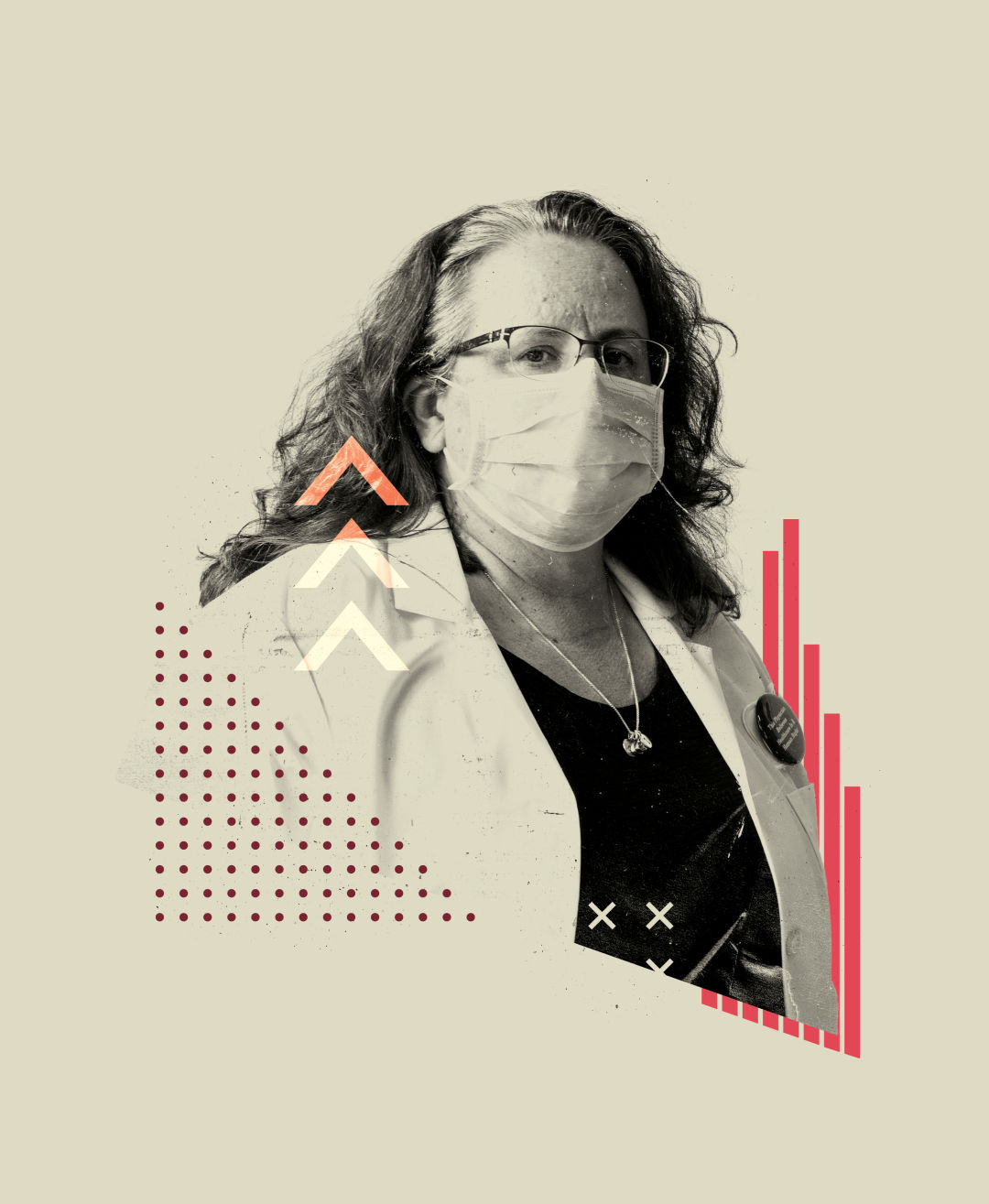A Portland-Based Family Doctor on the Catalyst That Got the PPE Ball Rolling

“We were told we were 10 days behind Italy, and Italy was a nightmare,” Vesna Jovanovic says. “Time was passing and nothing was happening. It was becoming more evident that no one was coming to save us. We didn’t have the luxury of time to start this process.”
Image: Brian Breneman
The March 16 email that went out to every licensed doctor in the metro area did not mince words: local hospitals had only a two-week supply of protective gear for health care workers on hand, and no one knew when—or if—more would come.
Vesna Jovanovic, a Portland-based family medicine doctor, didn’t wait to find out.
Instead, starting that night, she wrote feverish posts to every Facebook group she could think of, knowing dentists and construction workers, nail salons and woodworking studios all over town kept stockpiles of the disposable gloves, masks, and face shields health care workers so desperately needed to keep them from contracting COVID-19 as they faced the coming surge of patients. The response was immediate, but no one knew where to bring the requested items.
So the following day, Jovanovic called media organizations, contacts at Multnomah County, and hospital officials. Donations were urgently needed, Jovanovic told anyone who would listen, plus a secure, contactless central drop-site, and an army of organized volunteers to sift through it all and oversee the redistribution to local hospitals.
“We were told we were 10 days behind Italy, and Italy was a nightmare,” Jovanovic remembers. “Time was passing and nothing was happening. It was becoming more evident that no one was coming to save us. We didn’t have the luxury of time to start this process.”
Amid the chaos and panic of those uncertain days, Jovanovic’s call to action got through. Within 72 hours, Multnomah and Washington Counties had set up drop-sites and donations began pouring in, giving local hospitals some breathing room. A day or two later, the state followed suit, helping to coordinate centralized sites in Salem, and local drop-off points statewide.
It wasn’t enough on its own—in the coming weeks, businesses from Nike on down would pivot to making protective equipment, and shipments from the federal government would arrive in fits and starts to round out the supply—but it was the first wave, propelled by Oregonians stepping up to help each other out.
“We planted the seed, so people could understand that PPE is available in general society,” Jovanovic says. “People welcomed the opportunity to help. It definitely made me feel reassured that we were going to be OK, because everyone was in it, everyone was involved.”




